COVID mental health: NSW hospitals see rise in lonely people seeking help
Chronically lonely people battling isolation wrought by the COVID-19 pandemic are exaggerating illnesses so they can visit hospital emergency departments to seek human interaction.
NSW Coronavirus News
Don't miss out on the headlines from NSW Coronavirus News. Followed categories will be added to My News.
- Local COVID case among three NSW infections
- Ruby Princess passengers spread COVID on Qantas flight to Perth
Chronically lonely people battling isolation wrought by the COVID-19 pandemic are exaggerating illnesses so they can visit hospital emergency departments to seek human interaction as experts warn this new crisis could become harder to cure than the virus itself.
The revelations come as experts warn that loneliness and related heightened feelings of anxiety, depression and stress have dramatically soared in NSW with the coronavirus’s physical distancing policies.
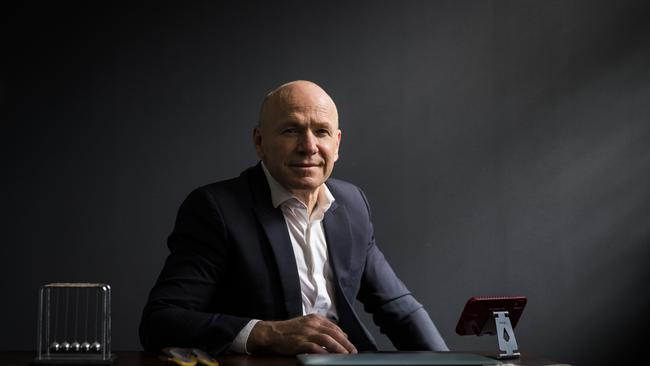
Sydney’s St Vincent’s Hospital has experienced a 600 per cent rise in patients requesting online services to tackle mental illness exacerbated largely by the loss in social connections brought on by COVID-19 restrictions.
And 30,000 people registered for help this year with the hospital’s mental health and wellbeing service, This Way Up, compared with an average last year of 1110 a month.
Some are so dejected they feign exaggerated illnesses and call out ambulances to take them to hospital EDs so they can forge human interaction with doctors and other patients.
“You know who they are, their faces become familiar, they sit in the emergency department and say they are unwell so that they can be among other people and feel part of the community,” director of St Vincent’s ED Dr Paul Preisz said.
“There is a surge in people presenting with mental health issues, dig and you’ll find loneliness caused by social isolation is often behind it.
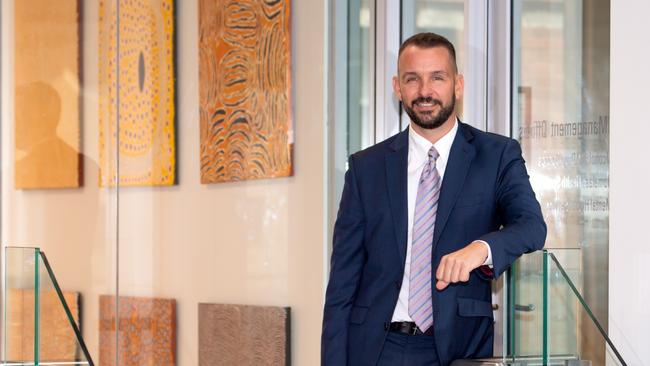
“You feel the sadness among them, a feeling of deep suffering because of a change in structure in the community brought about by the virus. This heavy loneliness is a growing problem that will almost be harder to cure than the COVID virus.”
A recent Australian Bureau of Statistics survey of 1000 found 28 per cent of women and 16 per cent of men felt lonely as a result of the pandemic.
UNICEF Australia found 47 per cent of 1000 13- to 17-year-olds interviewed felt stress and anxiety as a result of COVID-19, and 24 per cent felt isolated and did not know where to turn to for help.
St Vincent’s has set up a Safe Assessment Space (SAS) unit, which was opened four months ago to cope with increased presentations of loneliness and mental health problems linked to a rise in alcoholism and drug abuse. St Vincent’s psychiatrist and clinical director doctor Mike Millard said the numbers of distressed patients seeking help through This Way Up was growing exponentially,
“These are people told to isolate at home who need to find a place where they feel physically safe; there is loneliness, boredom, anger, domestic violence and those who feel physically distressed, the numbers make for alarming reading,” he said.
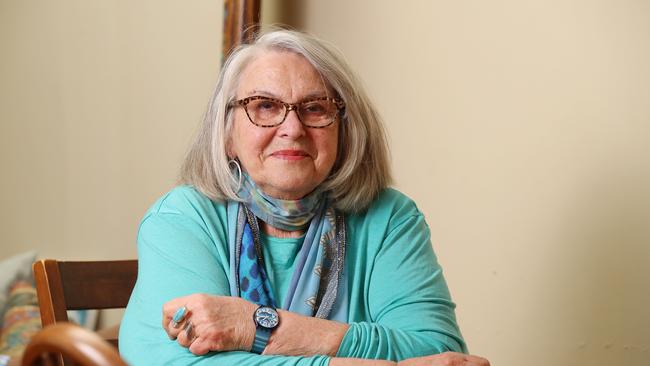
Widower Helene Grover, 73, hasn’t left home in four months.
The once-gregarious pensioner feels so isolated and dejected she admits she will cry herself to sleep.
“I get so depressed I haven’t had a hug in a long time, I miss the feeling of human touch,” she said from her home in Sydney’s Eastern Suburbs.
“My dog died three weeks ago, I miss the sound of him limping across the wooden floors.”
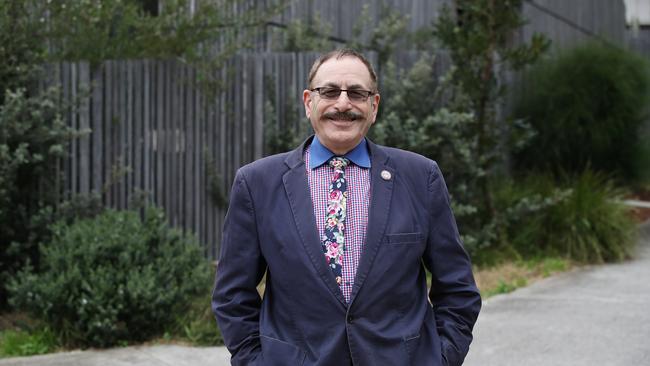
Widower Raymond Garfield, 76, felt the pain of loneliness when he lost wife Frankie almost two years ago after 51 years of marriage.
“I hardly went out for fear of having fun without her but my daughter forced me; now I’ve mastered Zoom and host tea parties in my garden,” he said.
Research conducted last month by Mainstreet Insights, a collaboration of major research companies Reventure and McCrindle, showed almost three in five Australians (58 per cent) experienced increased feelings of loneliness as a result of the pandemic.
Australia’s crisis line lifeline fielded 90,000 calls for help in March, April, May and June to discuss the coronavirus, a record in its 57-year history.
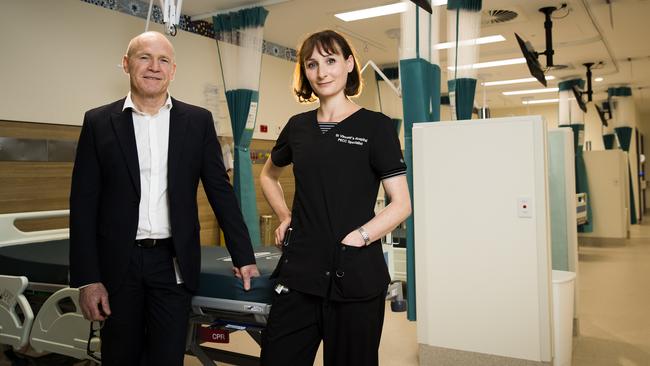
St Vincent’s emergency psychiatrist Jacqueline Huber reports an average 20 lonely presentations a day since June, compared with 13 last year.
She recommends increased virtual connections, developing meaningful activities such as walking with people, gardening, cooking, joining groups to offload feelings of shame associated with isolation.
“We are social animals and human stimulation is an antidote to reactive depression, talking about feelings and connecting are vital to release serotonin in the brain,” she said.
“Light, fresh air and touch can help calm a person in isolation.”
Contact Lifeline (13 11 14) and Beyond Blue (1300 22 4636) for confidential support

